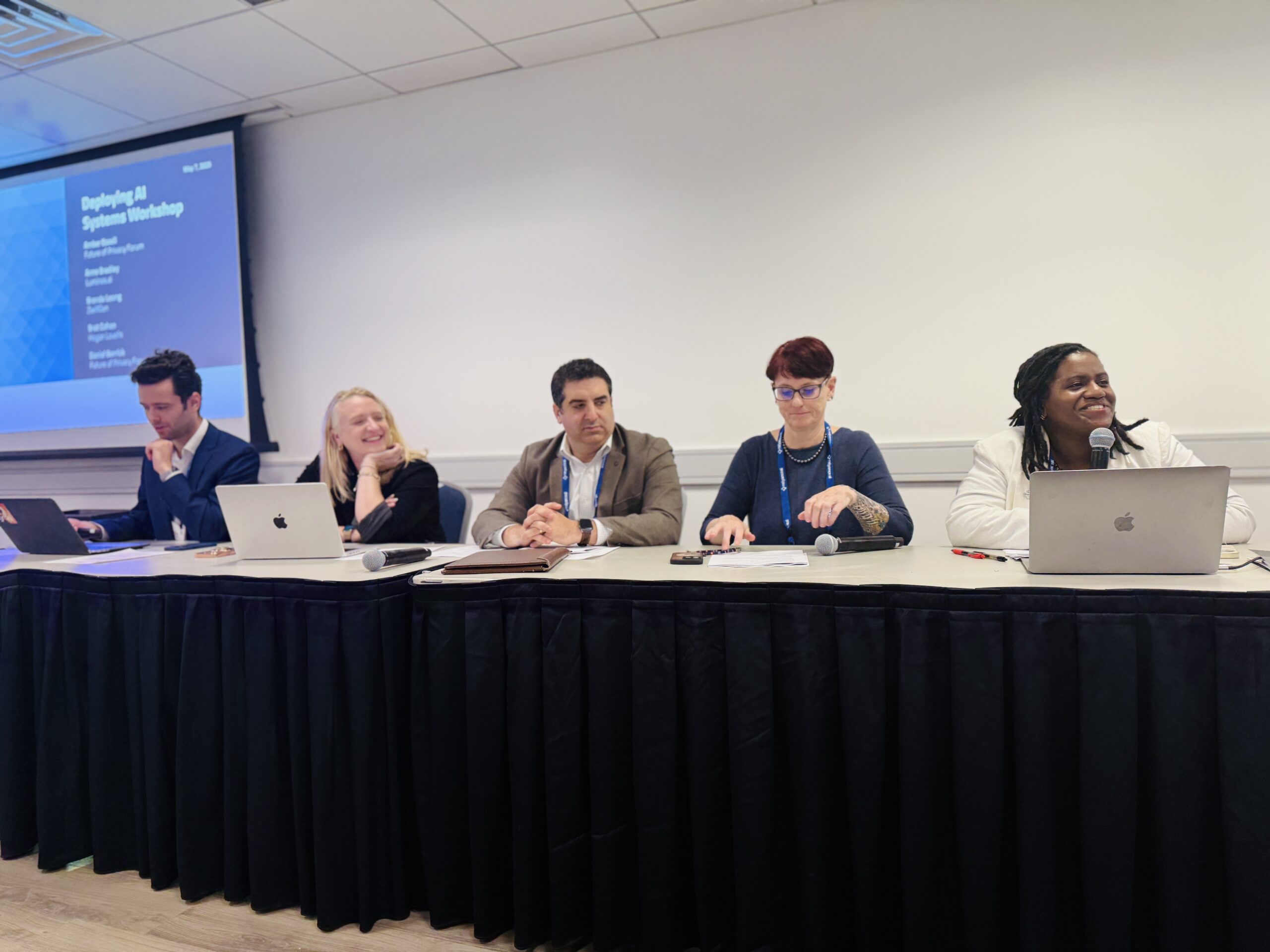Showing results for virg xped free promo code 2024 kenya 2024 code 2024 kenya 2024 2024 2024

Cross Border Data Flows in Africa
[…] by an Ann e x tha t outlin e s cro ss-b ord er data tr a n sfe r p ro vis io ns acro ss Kenya , Nig eria , South Afr ic a , Rw an d a, an d Iv o ry Coast. I S SU E BRIE F: G […]

Cross-Border Data Flows in Africa: Examining Policy Approaches and Pathways to Regulatory Interoperability
[…] the use and implementation of mechanisms such as adequacy decisions, certification mechanisms, standard contractual clauses (SCCs), and binding corporate rules (BCRs) and derogations, currently in use across Kenya, Nigeria, South Africa, Rwanda, and Ivory Coast. This comparative analysis highlights that the practical implementation of transfer tools remains uneven across the continent, and many countries […]

Framework for the Future- Reviewing Data Privacy in Today’s Financial System
[…] at Fortune 20 companies in many verticals, including government, retail, healthcare, an d finance. At the USPS, I served as the first CPO, and managed Privacy Act, Freedom of Information Act, and records functions, as well as new areas (at the time) relating to internet privacy. At Walmart, I managed global privacy and records, […]

FPF_Data Minimization
W HIT E PA PER U S PO LIC Y D ata Min im iz a ti on’s Sub sta ntiv e Tu rn K ey Que stio ns & Opera tio nal Challe ng es Pose d by New Sta te P riv a cy Le g is la tio n F P F […]

Vermont and Nebraska: Diverging Experiments in State Age-Appropriate Design Codes
In May 2025, Nebraska and Vermont passed Age-Appropriate Design Code Acts (AADCs), continuing the bipartisan trend of states advancing protections for youth online. While these new bills arrived within the same week and share both a common name and general purpose, their scope, applicability, and substance take two very different approaches to a common goal: crafting a design […]

Vermont and Nebraska: Diverging Experiments in State Age-Appropriate Design Codes
In May 2025, Nebraska and Vermont passed Age-Appropriate Design Code Acts (AADCs), continuing the bipartisan trend of states advancing protections for youth online. While these new bills arrived within the same week and share both a common name and general purpose, their scope, applicability, and substance take two very different approaches to a common […]

[FPF] AADC Comparison Chart – Nebraska vs. Vermont
C om paris o n of Neb ra sk a Age-A ppro p ria te Desig n Cod e & Verm on t Age-A pp ro p ria te Desig n Cod e B aile y Sanch e z, Dep uty Dir e cto r fo r U.S . Le g is la tio n […]

FPF-AnnualReport2023-1
[…] alignment between data protection regulators, with the G7 Data Protection Authorities and Privacy Commissioners’ Summit in Tokyo. This resulted in a communiqué outlining their focus on Data Free Flow with Trust (DFFT), emerging technologies, and enforcement cooperation. FPF’s Global team circled the globe, hosting and speaking at leading events this year, including the Global […]

FPF Experts Take The Stage at the 2025 IAPP Global Privacy Summit
[…] Benifei (Member of European Parliament, co-Rapporteur of the AI Act), John Edwards (Information Commissioner, U.K. Information Commissioner’s Office), and Louisa Specht-Riemenschneider (Federal Commissioner for Data Protection and Freedom of Information, Germany), on Cross-regulatory Cooperation Between Digital Regulators. Their panel began by painting a detailed portrait of how the proliferation of digital regulations has created […]

Lessons Learned from FPF “Deploying AI Systems” Workshop
On May 7, 2025, the Future of Privacy Forum (FPF) hosted a “Deploying AI Systems” workshop at the Privacy + Security Academy’s Spring Academy, which took place at The George Washington University in Washington, DC. Workshop participants included students and privacy lawyers from firms, companies, data protection authorities, and regulatory agencies around the world. The […]
